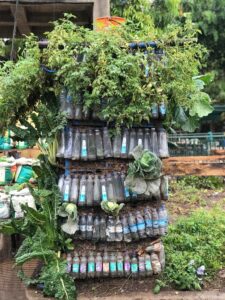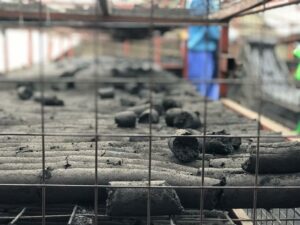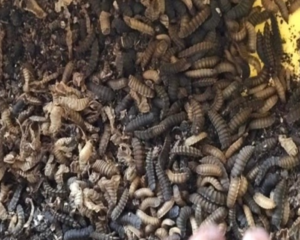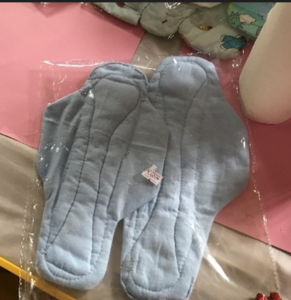Under the theme ‘Naturing Green Enterprises for a Sustainable Future. To equip the students with the knowledge and skills in accordance with the sustainable development goals, St. Kizito has established and embedded topics on greening and waste-to-resource practices within the school curriculum aimed at preserving the environment. This has channeled the students’ minds about climate change and from viewing waste as a burden to considering it as a resource that can be recycled and reused. Overall, this has equipped the students with the necessary skills and knowledge to become entrepreneurs.
At the event, students exhibited the following innovations developed at their school with the intention of creating a sustainable green environment.

Smart urban agriculture technologies as students developed a plant tower using plastic waste which keeps the soil in one place. The tower is used to grow vegetables like cabbages, onions, and eggplants, among others. This form of agriculture can be practiced with any available space while maximizing the agricultural output thereby contributing to the achievement of SDG 2: zero hunger, and SDG 13: climate action, thus ensuring environmental sustainability. This intervention has been proven to increase agricultural production while ensuring food safety.
 Bio-briquettes production which is carbonized waste material used as a cooking fuel made with ingredients like paper and organic materials also produced by the students. This has been used to reduce pressure on forest covers for firewood supply, it has contributed to better health, less workload, and cost-saving whereby the school produces about 1-2 tones out of which 75 kilograms are used per day to prepare both lunch and supper. Through this, the students have contributed towards creating sustainable and more efficient energy while eventually contributing to carbon footprint reductio
Bio-briquettes production which is carbonized waste material used as a cooking fuel made with ingredients like paper and organic materials also produced by the students. This has been used to reduce pressure on forest covers for firewood supply, it has contributed to better health, less workload, and cost-saving whereby the school produces about 1-2 tones out of which 75 kilograms are used per day to prepare both lunch and supper. Through this, the students have contributed towards creating sustainable and more efficient energy while eventually contributing to carbon footprint reductio n.
n.
Black Soldier Fly Larvae farming, since larvae are rich in protein and fats, they have been used by students under the guidance of their coordinators as feeds for the chicken, this has improved on their productivity and is able to grow healthier. With the increasing costs of chicken feeds, these are considered cost-effective and sustainable to provide feeds to poultry while contributing to SDG 1: no poverty and food security targeted under SDG 2. In addition, the students also practice fish farming and at the fishpond, they have about 700 tilapia and mudfish.

The invention of reusable sanitary pads. To ensure uninterrupted school time for the girl child, students created washable and reusable pads for better menstrual health. Most sanitary pads are made of 90% plastic and with improper disposal, they have ended up generating waste. In order to protect the environment, these reusable pads have been developed. The prices of each pack vary according to quantity ranging from 5,000 – 10,000ugx, this has equipped female students with soft skills hence generating income contributing to SDG 1: no poverty and SDG 3: good health & well-being.
Regarding the event, Ms. Dagmar Zwebe, Country Representative, Global Green Growth Institute Uganda, was the Guest of Honor and while speaking to the media, she highlighted that “Projects on bio-briquettes with their usage within the school, black soldier flies and reusable pads are indeed a direct climate action.”
Empowering youth in climate action through education and practice is a critical component in addressing climate change in today’s world as it has the potential to break the barriers such as mindset, behaviors and attitudes while building a strong sustainable future. St. Kizito High School Namugongo has established and implemented this initiative as a platform to provide quality education and equip its students with knowledge and skills related to the sustainability of the above-mentioned initiatives. This has increased the students’ climate literacy on issues such as reuse and recycling, and opportunities that stem from waste to resource enabling them to become entrepreneurs thus contributing to the implementation of SDGs 1: no poverty, 2: zero hunger, 3: good health and wellbeing, 4: quality education, 6: clean water and sanitation, 7: affordable and clean energy and 13: climate action while creating a sustainable inclusive Uganda.